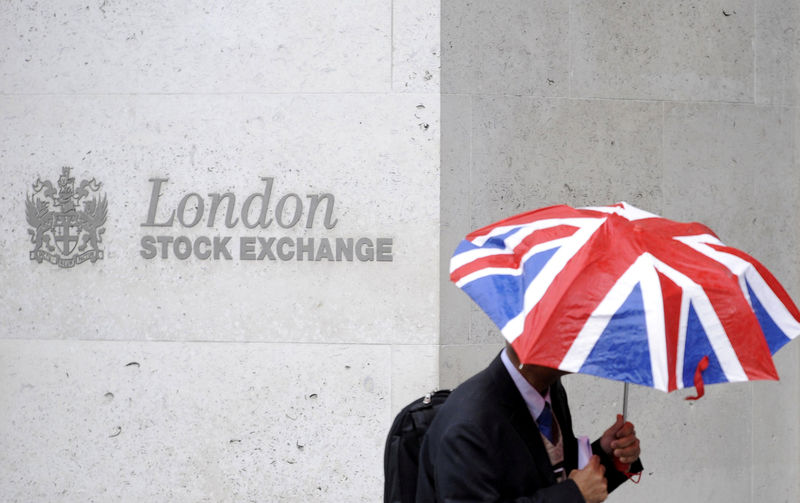By Ben Martin and Saikat Chatterjee
LONDON (Reuters) - Deal-making involving UK companies has picked up in the two years since the country's decision to leave the European Union, defying worries that Brexit would stifle mergers and acquisition activity, data from Thomson Reuters Deals Intelligence shows.
The surprise referendum result in June 2016 initially stoked fears that deals involving British firms would dry up amid uncertainty about Brexit's impact on the UK economy.
But M&A activity involving UK companies has instead boomed and led to deals with a total value of $551 billion in the 12 months to the middle of June, according to the data.
That was the highest level since the same period between 2006 and 2007, when deal-making surged before the financial crisis, and compares with $467 billion in the 12 months immediately after the referendum.
A weaker sterling in the wake of the referendum result has made British businesses more attractive targets to overseas buyers in the aftermath of the vote. That helped the level of inbound M&A into the United Kingdom reach a record $262 billion in the last 12 months, the data show.
"The weakening pound has definitely made UK assets cheaper," said Michael Hewson, chief markets analyst at CMC Markets.
Against the dollar, the pound remains around 12 percent below a pre-Brexit referendum high of above $1.50. On a trade weighted basis against its rivals, the British currency is about 12 percent cheaper than before the referendum vote.
Furthermore, Britain has also been swept up by a global M&A wave as cheap debt, boardroom confidence in the global economy, and high stock market valuations have made it easier for companies around the world to use equity to pay for deals.

The Thomson Reuters Deals Intelligence data for the United Kingdom includes the competing bids for pay-TV firm Sky (L:SKYB), which both Twenty-First Century Fox (O:FOXA) and Comcast (O:CMCSA) are vying to buy, as well as moves by Unilever (L:ULVR) and RELX (L:REL) to unify their dual structures.